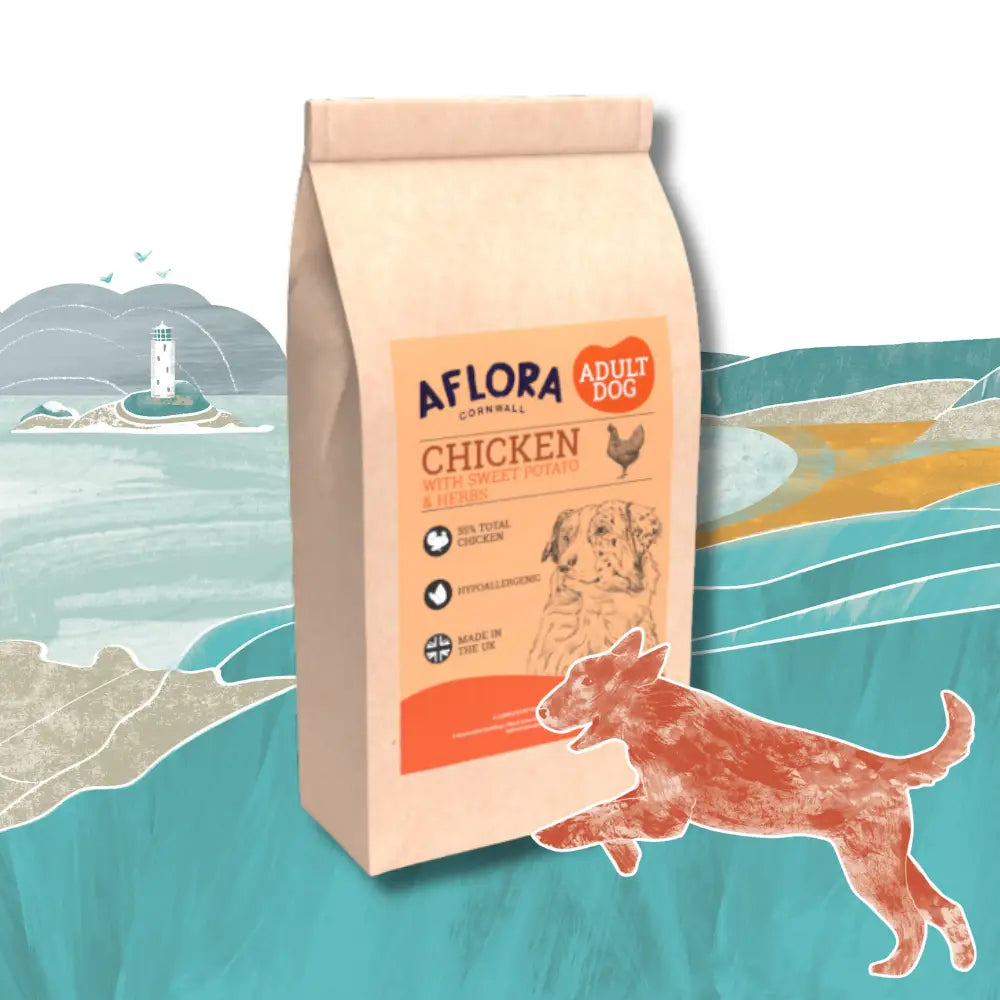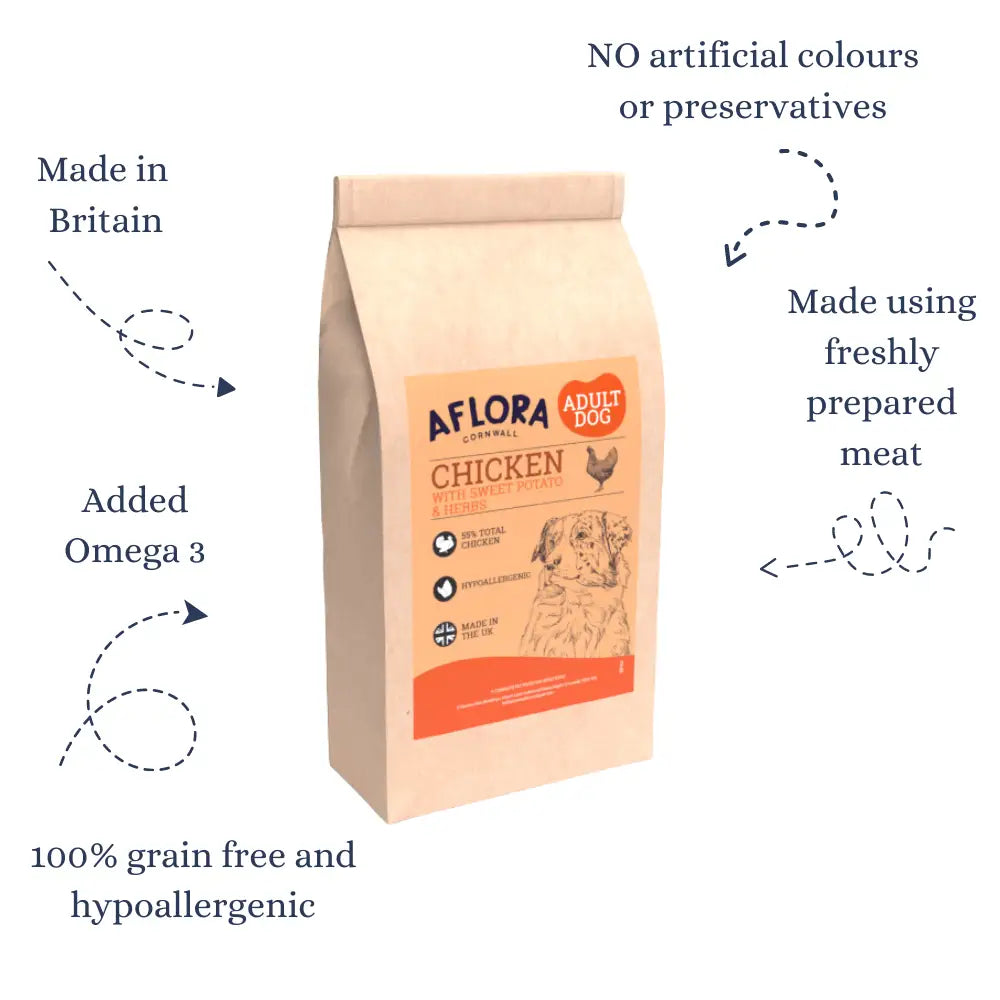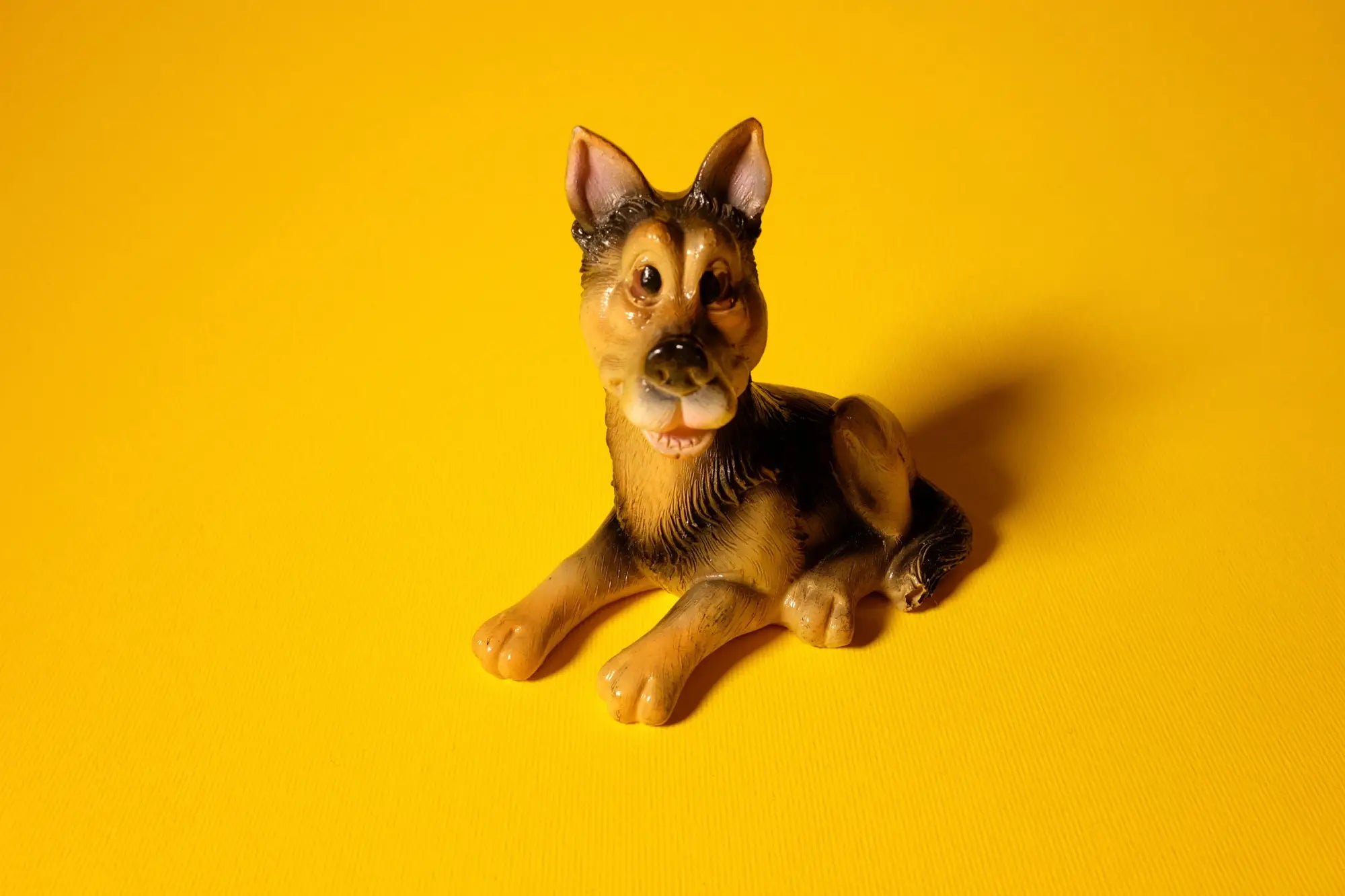In recent years, grain-free diets for dogs have become a topic of both popularity and debate among pet owners. Initially introduced as an alternative for dogs with specific food sensitivities, these diets have gained traction due to concerns about allergies, digestion, and the perception that grain-free feeding is more in line with a dog’s ancestral diet. But are grain-free diets truly the right choice for every dog? In this post, we’ll explore the benefits, potential drawbacks, and considerations pet owners should be aware of when deciding whether a grain-free diet is suitable for their furry friend.
What Is a Grain-Free Diet?
A grain-free diet for dogs typically excludes ingredients like wheat, corn, rice, barley, and oats. Instead, these diets rely on alternative carbohydrate sources such as sweet potatoes, peas, lentils, and chickpeas. Some grain-free options also contain no carbohydrate fillers, focusing more on proteins and fats.
While grains are not harmful to most dogs, they’ve been viewed with increasing skepticism due to concerns about allergies, digestibility, and weight management.
Benefits of Grain-Free Diets
-
Potential Allergen Reduction
One of the primary reasons dog owners switch to grain-free diets is due to concerns about food allergies. Although true grain allergies are rare in dogs, some may experience sensitivities that cause skin irritation, itching, or digestive upset. A study by the Cummings Veterinary Medical Center at Tufts University found that about 10% of all food allergies in dogs are linked to grains like wheat and corn. -
Improved Digestion
Many owners report that dogs on grain-free diets experience fewer digestive issues, such as bloating, gas, or inconsistent stools. This is especially beneficial for dogs with sensitive stomachs or those prone to gastrointestinal problems. Complex carbohydrates like sweet potatoes and lentils, which often replace grains, are easier for some dogs to digest. -
Higher Protein and Fat Content
Grain-free diets often have a higher concentration of meat proteins and healthy fats compared to traditional dog food. This can be ideal for active or working dogs that require more energy from their diet. Increased protein content also promotes lean muscle mass and supports overall vitality in dogs. -
Better Coat and Skin Health
Since many grain-free foods incorporate more omega-3 and omega-6 fatty acids, they can contribute to healthier skin and shinier coats. Dogs with dry, flaky skin or dull coats might benefit from the nutrient-rich profiles of grain-free dog food.
The Debate: Are Grain-Free Diets Risk-Free?
While grain-free diets can offer various benefits, they are not without their controversies. One of the biggest concerns revolves around a potential link between grain-free diets and heart disease in dogs.
-
FDA Investigation into Dilated Cardiomyopathy (DCM)
In 2018, the U.S. Food and Drug Administration (FDA) began investigating reports of dilated cardiomyopathy (DCM) in dogs on grain-free diets. DCM is a serious heart condition that weakens the heart muscle, affecting its ability to pump blood. Early research suggested a correlation between diets high in legumes (such as peas and lentils) and an increased risk of DCM, though the exact cause is still under investigation.As of now, no definitive conclusions have been reached, but the FDA advises owners to be cautious and consult veterinarians when considering grain-free diets, especially if the diet contains a high concentration of legumes.
-
Balanced Nutrition is Key
One common misconception is that grain-free means healthier. However, grain-free diets are not inherently superior unless they address specific health concerns in the dog. In fact, grains provide essential nutrients such as fiber, B vitamins, and magnesium, which support a balanced diet. Removing grains without adequately replacing these nutrients can lead to deficiencies over time, but these can always be replaced by smaller sampling in the way of treats that include grain.
Key Considerations for Pet Owners
-
Consult Your Veterinarian
Before making any major dietary changes, it’s crucial to consult with your vet. They can help determine if a grain-free diet is appropriate for your dog based on their specific health needs, breed, age, and activity level. -
Choose High-Quality Ingredients
If you decide to go grain-free, ensure you’re selecting high-quality food with named animal proteins (such as chicken, lamb, or salmon) as the primary ingredient. -
Monitor Your Dog’s Health
Regularly observe your dog for changes in digestion, energy levels, coat condition, and overall well-being. If any adverse reactions occur after switching to a grain-free diet, it might be worth reconsidering the food.
Final Thoughts: Is Grain-Free Right for Your Dog?
Grain-free diets can be an excellent choice for dogs with specific allergies, sensitivities, or health issues. However, for many dogs, a balanced diet that includes grains can be just as beneficial. The key to making an informed decision is understanding your dog’s unique nutritional needs and working closely with your veterinarian to ensure those needs are met.
At The Pets Larder, we offer a wide range of grain-free dog foods, including Aflora Grain Free Dog Food, designed to provide optimal nutrition with premium ingredients. Explore our collection to find the best fit for your dog's health and dietary needs.
Sources:
- Cummings Veterinary Medical Center at Tufts University
- U.S. Food and Drug Administration (FDA)
- American Kennel Club (AKC)

























